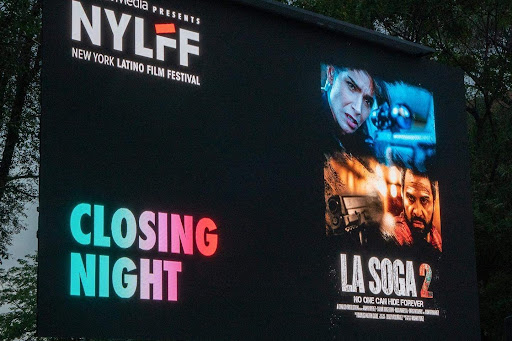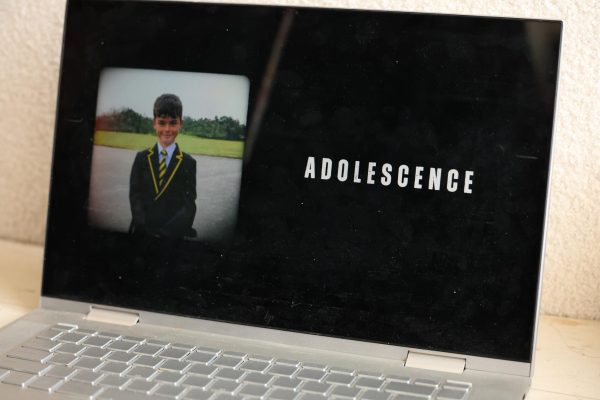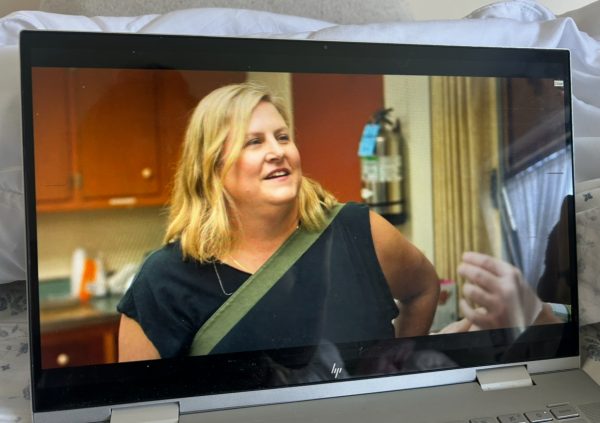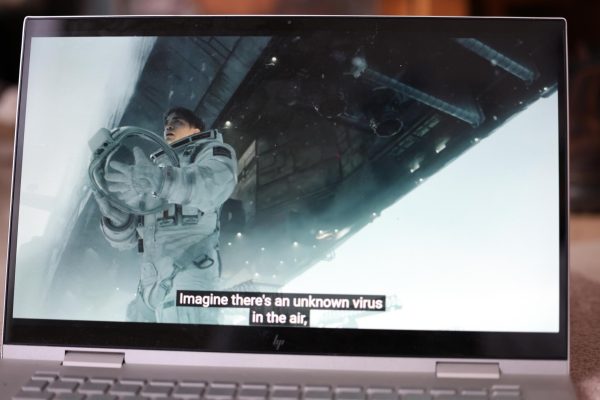The New York Latino Film Festival is a Cinematic Experience in Itself

Rich in culture and artistry, the annual New York Latino Film Festival (NYLFF) shines a spotlight on documentaries, films and features by members of the Latino diaspora. (Courtesy of Twitter)
Rich in culture and artistry, the annual New York Latino Film Festival (NYLFF) shines a spotlight on documentaries, films and features by members of the Latino diaspora. From Sept. 13 to the 19, the event beautifully showcased the multi-faceted allure of Latin-American and Latino culture through a multitude of lenses.
With a hybrid of in-person and online events, the lineup boasted a roster of 102 films from more than 12 countries, as well as documentaries, short films, U.S feature narratives and web series. For those with an affliction for movie nights in or a preference for the big screen, the festival provides a well-rounded experience for all. Since its founding in 1999, the NYLFF effectively fostered support for both Latino cinema and filmmaking communities alike, providing culturally relevant and riveting experiences in the process.
Choosing screening events was daunting to say the least, and the decision came with much calibration and an obscene amount of trailer viewings. Needless to say, I started off my experience with an online screening of six short films. Of them all, “Segregatio” (dir. Jowy Santiago), left me simultaneously dumbfounded and wanting more, as two nuns discussed whether or not they were going to save dying people outside of the church during a post-apocalyptic game of brisca. A whimsical manifestation of self-expression, “Unicorn” (dir. Jason Tropiano) was a captivating tale of a gay man on a personal journey of self-acceptance. In “El Montaje” (dir. Ed Trucco), music becomes medicine as a tango dancer grapples with grief. Though under the umbrella of Latin American descent, the collection of short films is a mosaic of wonderfully diverse niches and identities. Queer, ravaged, young, old, blissful and grieving, their lives become tangible. Intertwined with our own experiences, the audience becomes interwoven with the culture.
The festival also offers an array of drive-in screenings on the corner of Gerald Avenue and 151st Street, an experience that excites in lieu of the overpriced-popcorn-AMC-theatre scene that we all know and love. I was lucky enough to find parking for the full-length film “All the World is Sleeping” (dir. Ryan Lacen), which tugged at heartstrings as we were swept into an emotional whirlwind of discovery and survival. Created by a group of seven mothers with firsthand battles against addiction, the non-linear film follows the life of a Chicana in New Mexico as she sinks deeper into substance abuse. Cerebral, jarring and passionate, Lacen’s filmmaking flourished in the heart of New Mexico, a city that has been increasingly attracting films since 2005. Starring Melissa Barrera (“In the Heights”) and Jackie Cruz (“Orange is the New Black”), the two worked along these survivors to bring their words to the silver screen with unabashed authenticity.
“Todo Lo Que Fui (Mos)” (dir. Lorenzo Navas Ortega) introduces us to Rafael, a son who is reunited with his father upon learning of his death. Amidst this pandemic, he embarks on the difficult journey of navigating burial rites while trying to gain closure. While their stories are told on the big screen, the Latin American community struggles with their own narrative as COVID-19 wreaks physical and mental havoc. Facing disproportionate health and economic impacts, the pandemic and resulting recession have mangled the Latin American community. Notably, Latinos have been disproportionately and negatively affected in the U.S labor market, as well as in terms of COVID-19 related deaths. Filmmaking is not only an art but a form of communication, and the NYLFF allows us to appreciate these cinematic narratives while bringing awareness to the structural challenges those stories are borne from.
Whether you’re a cinephile, Bronx native, or exclusively call movies “films,” the New York Latino Film Festival guarantees a gratifying experience. You’ll find yourself adding reviews to your IMDb profile, crying during the finale of “I Wish You Told Me,” frantically adding to your LetterBoxd watch list and raiding the nearest Duane Read for drive-in snacks all at the same time. As we marvel at the screen, we’re not only immersed in cultural vibrancy but in the characters and filmmakers that live through them. A proper “salute to la cultura,” this Bronx-based tradition is a cinematic experience in itself.
Ilaina Kim is a senior from Atlanta pursuing a major in English with a minor in philosophical studies. She joined The Fordham Ram as an Assistant Editor...













































































































































































































DK • Sep 22, 2021 at 2:25 pm
An exceptionally well written article highlighting the Latin American culture.
I am inspired to view some of these titles.
Looking forward to your next article.
Thank you.